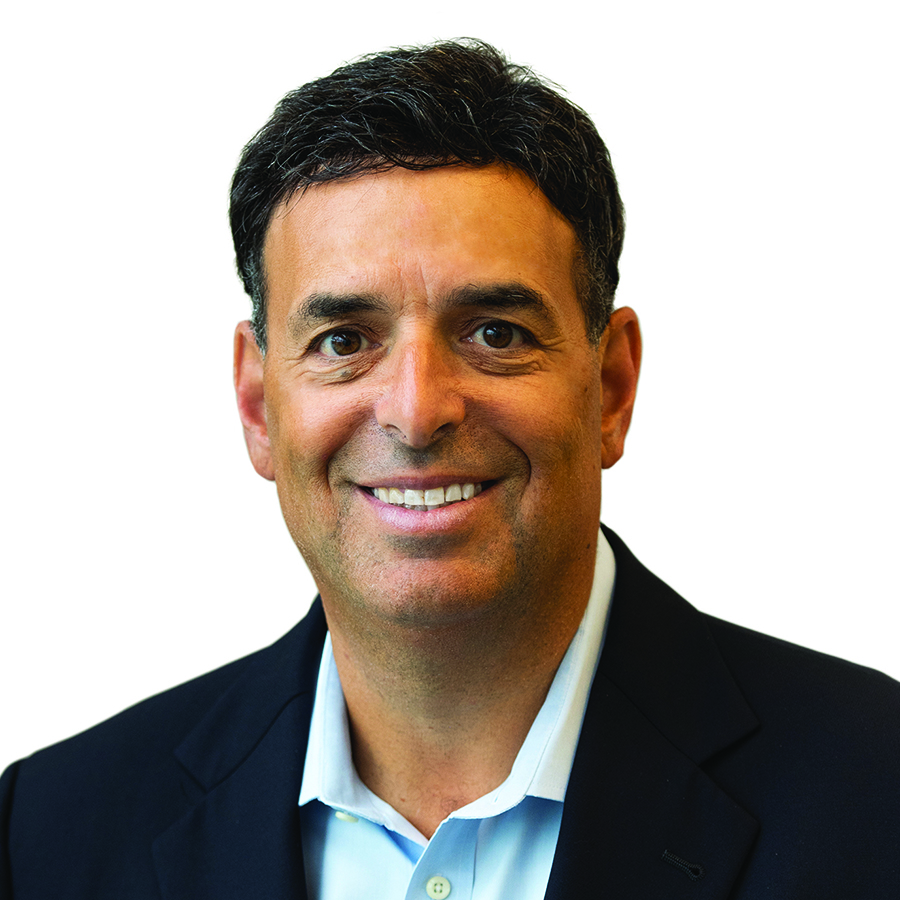Swensons has grown considerably since its founding 90 years ago. And because of its growth — moving from a single location in West Akron to 21 restaurants today across Ohio and its first out-of-state location in Indiana — change has been necessary. But that change has had to be balanced with what has made Swensons special to generations of customers.
The drive-in quick-serve restaurant is a staple in Northeast Ohio. The company’s CEO, Jeff Flowers, who we interviewed for this month’s cover story, understands that. Twenty-three years ago, Flowers was a curb server, running from customers’ cars to the kitchen and back to take orders and serve food. That model of service hasn’t changed. However, because of the restaurant’s expansion, many other things have.
When Flowers became the CEO in 2015, Swensons had seven locations. When it added a Cleveland spot in 2017, it was the first new location in 16 years. According to Flowers: “Swensons wasn’t growing for so long that we had to learn the entire process, from real estate site selection to building a prototype kitchen. Ultimately, the biggest hurdle was: How can we ensure the consistency of our people, product and culture? That relentless dedication to consistently delivering memorable guest experiences is so important.”
As the company set out on a path that would triple its size, it meant documenting processes and procedures rather than have institutional knowledge passed by word of mouth between employees. It meant formalized training, e-learning platforms, and a new point-of sale system to replace the company’s own order-taking shorthand.
However, when attempting to improve the quality and consistency of their products by changing the way they did something as seemingly innocuous as how they cut the cheese for their burgers, the company faced resistance.
Swensons traditionally cut its cheese from a block by hand. As they’ve grown and volume has increased, they switched to slicing devices and even pre-sliced cheese, changes made after months of research, development and taste tests with guest. But customers pushed back, even signing an online petition demanding the return of the original cheese. No matter what the company tried, customers didn’t like it. So, they brought back hand slicing, and hired more people to absorb the time the process takes.
Change in a business is inevitable. The market is seemingly being reshaped daily by innovations and disruptions, driving some businesses to entirely rethink how they deliver services. But even as these forces demand that companies evolve, it’s important we don’t lose sight of what made us relevant in the first place. As Flowers put it: “As we’ve gotten larger, we’ve really had to learn how to listen to our guests, because that’s ultimately who we’re here to serve.”
Fred Koury is president and CEO of Smart Business Network Inc.

